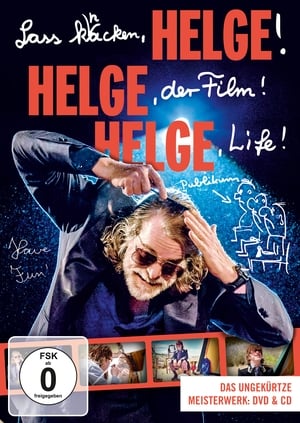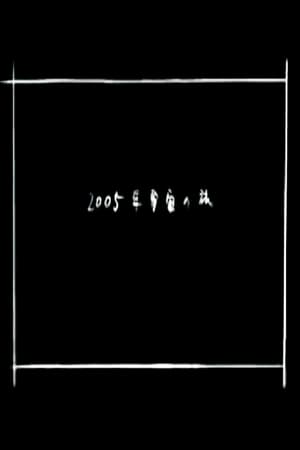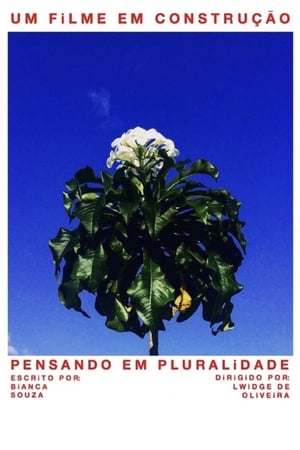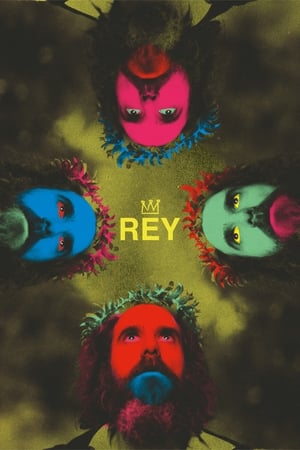
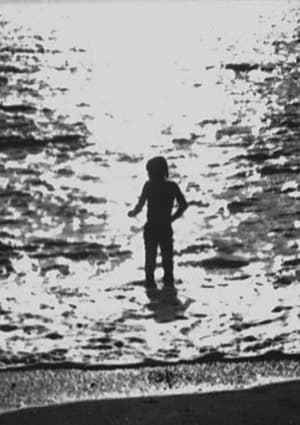
Mouches Volantes(1976)
The second in Larry Gottheim's ELECTIVE AFFINITIES cycle, MOUCHES VOLANTES is, in the filmmaker's own words, "a celebration of elusive relationships" between sound and image, color and black-and-white, the moon and the waves, the aural testimony of Blind Willie Johnson's widow Angelina and the camera's illumination of a world simultaneously of and beyond the everyday. These lyrical fragments sweep in and out as with the tides; a time-based symmetry slowly emerges as the film reveals itself to be a perfect circle.
Movie: Mouches Volantes

Mouches Volantes
HomePage
Overview
The second in Larry Gottheim's ELECTIVE AFFINITIES cycle, MOUCHES VOLANTES is, in the filmmaker's own words, "a celebration of elusive relationships" between sound and image, color and black-and-white, the moon and the waves, the aural testimony of Blind Willie Johnson's widow Angelina and the camera's illumination of a world simultaneously of and beyond the everyday. These lyrical fragments sweep in and out as with the tides; a time-based symmetry slowly emerges as the film reveals itself to be a perfect circle.
Release Date
1976-04-27
Average
7
Rating:
3.5 startsTagline
Genres
Languages:
English
Recommendations Movies
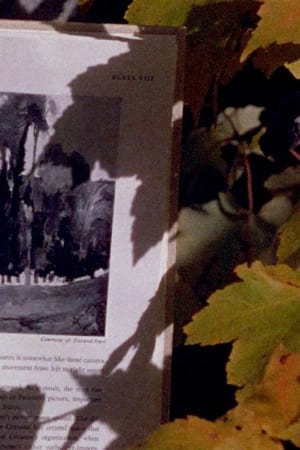 7.0
7.0Four Shadows(en)
Four four-minute image sections and four four-minute sound sections are linked in all combinations of the sound sections with each of the image sections. This established affinities between each of the image sections to the others, and the sound sections to each other. The image sections are: surveyors measuring the land near my house as seen through an old window, a family of Siamang Gibbon apes in the Washington zoo, an industrial site, and a page turned from a book on Cézanne’s composition showing a diagram of his painting Mardi Gras, filmed against bright leaves. The sound sections are: a dramatic scene from Debussy’s opera “Pelléas et Mélisande”, a passage from William Wordworth’s autobiographical poem “The Prelude,” sounds from rowing on a lake at night, and the sounds of the apes vocalizing.
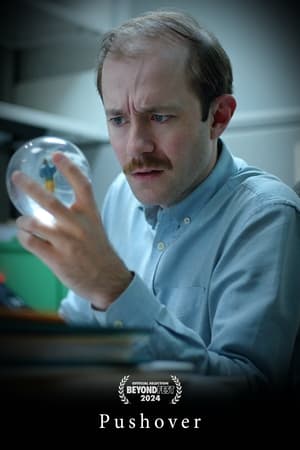 8.3
8.3Pushover(en)
A man's life is upended by increasingly threatening phone calls demanding he leave a review for a paperweight purchased online.
 4.0
4.0Bestseller(en)
Chicago literary agent, Anne Harper, vacations to a remote cabin in the Upper Peninsula of Michigan. While there, a disgruntled writer is waiting in the shadows to seek his revenge.
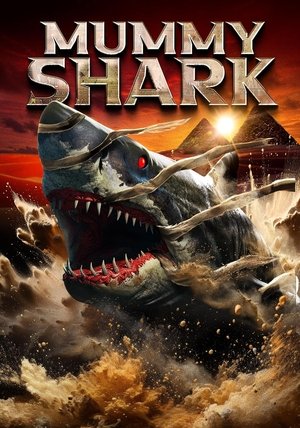 3.9
3.9Mummy Shark(en)
Deep within the hidden chambers of an ancient Egyptian pyramid, a shocking discovery is made: the mummified remains of an alien shark. Guarding this creature is a vengeful mystic who brings the beast back to life, unleashing it upon a group of unsuspecting researchers.
 9.4
9.4Chunauti(ne)
Chunauti is an action-packed romantic comedy that tells a story of love, struggle, and justice. Ajaya and his wife Prabha move to Kathmandu, where Ajaya starts working as a teacher. Later, his sister Gita joins them and enrolls in the same college. There, she meets a kind and charming student, but trouble arises when Madhav, a troublesome student, also starts liking her. One day, a fight breaks out in the college, and when Gita tries to stop it, an inspector arrives and brings the situation under control. Angered by this, Madhav and his group cause harm to Prabha and Gita. They also try to escape punishment through legal means. With no strong evidence, Ajaya takes a stand and challenges the court. In the end, he decides to take justice into his own hands, leading to a tragic ending where the inspector, fulfilling his duty, stops Ajaya. Chunauti is a story of love, courage, and sacrifice in the face of injustice.
 6.0
6.0The Giant(ja)
Japanese adaptation of LES MISERABLES. The last film of director Itami took inspiration from Les Miserables. Transpiring during the Southwestern War of 1877 in Japan, which was the last civil war in the country, a criminal escapes prison only to be found by a monk. The criminal decides to turn a new leaf based on their conversation and goes on to become a town's mayor. He hears news of a mistaken arrest and identity. The revelation of truth is the start of a series of miseries.
 4.5
4.5The Pavilion on the water(it)
The Pavilion on the Water is a cinematic journey into the world of Venetian architect Carlo Scarpa and his passion for Japanese culture. Japan, to him, was an inspirational universe but also the place where he eventually died in 1978, at the height of his career, while retracing the steps of wandering poet Matsuo Bashō. Through the words of his son, some of his collaborators and a Japanese philosopher, the documentary unfolds and quests after the sense of beauty. A nostalgic feeling permeates the whole film for that rare event which is the birth of an artist. Although he passed away, he left behind a work that, still to this day, delights and amuses.
 10.0
10.0Sunsets Don't Last Forever(en)
Through the summer breeze and the isolation. Time is still time, and that can't be changed. sunsets-don-t-l
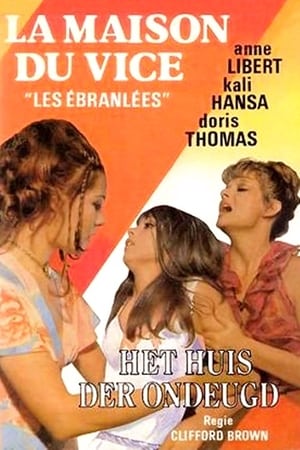 4.4
4.4Dolls for Sale(fr)
Al Pereira arrives at the "House of Vice" and receives orders to spy on a crime ring called the Quadriumvirate, who deal in prostitution and drugs.
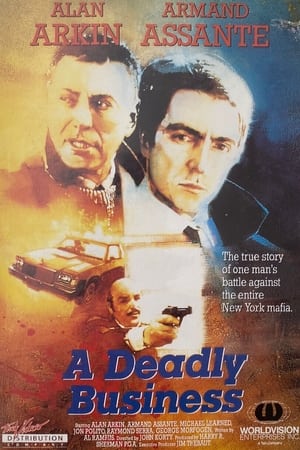 5.0
5.0A Deadly Business(en)
The movie, and true story, is about how Harold began working for the garbage industry in New Jersey only to find out that it was run by the Mafia. Having been in and out of jail most of his life, Harold feared more jail time and so went to the FBI. Harold went undercover to get as much illegal information that he could. The information he got helped put away dozens of Mafia men. Harold is currently in the witness protection program.
 3.5
3.5Space Boobs In Space(en)
Exmin the Valkyrie has returned from the deep, deep cleavage of the universe with an interplanetary collection of aliens, vampires, monsters, and all manner of screaming and vibrating treasures from Gonzoriffic including "Space Boobs In Space," "Lapdance at the Gates of Hell," "Ghosted," and many more.
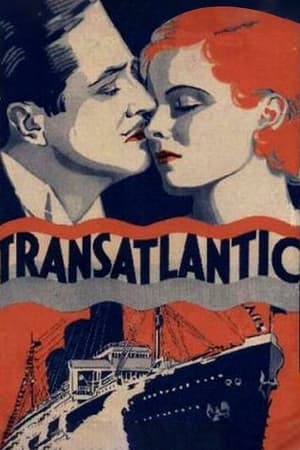 5.5
5.5Transatlantic(en)
As a luxurious ocean liner makes its way across the Atlantic Ocean, the audience is made privy to the travails of several of its passengers. Edmund Lowe heads the cast as Monty Greer, a suave gambler who falls in love with Judy, the daughter of immigrant lens grinder Rudolph Kramer. In trying to recover some valuable securities stolen from banker Henry Graham, Greer finds himself in the middle of a fierce gun battle in the ship's engine room. Meanwhile, Graham, who has been cheating on his wife Kay with sexy dancer Sigrid Carline, is murdered by person or persons unknown.
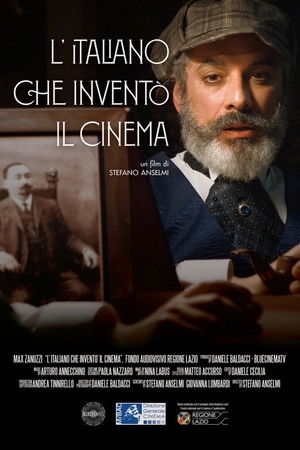 0.0
0.0L'italiano che inventò il cinema(en)
The first gaze. The italian who invented cinema. The story of the incredible and little-known life of the pioneer of Italian cinema, Filoteo Alberini. The reconstruction of the incredible life of the Italian pioneer, Filoteo Alberini, becomes the occasion for a reflection on the birth of Italian cinema and, more generally, on the Seventh Art and its nature as the "magnificent obsession". A journey in the company of an exceptional storyteller, guardian par excellence of cinema's forgotten ones, Georges Méliès, who conducts an investigation of this figure, practically unknown in our present day.
 6.0
6.0POWER(en)
In a groundbreaking project developed by MISCELLANEOUS Productions, a group of multi-barriered youth collaborated with a team of professional artists on POWER, an evening of solo performance pieces, ensemble drumming and dance numbers, all of which take a raw, honest look at the things that matter to youth in the community: power, racism, immigration, poverty, violence, sexism, addiction and love, presented at Vancouver’s Rhizome Café. This documentary focuses on four young artists -- Roberto, Natasha, Dakota, and Michael -- showing their struggles and their transformation through performance.
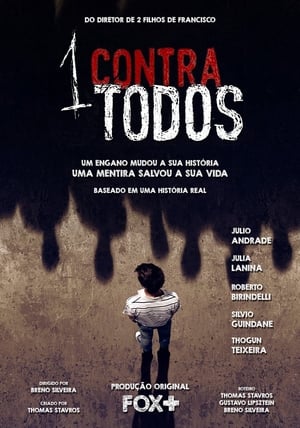 5.0
5.01 Contra Todos: O Filme 2(pt)
Two years after leaving prison, Cadu sets out to fight corruption and pursue a political career, but dangerous ties to the past haunt him.
Similar Movies
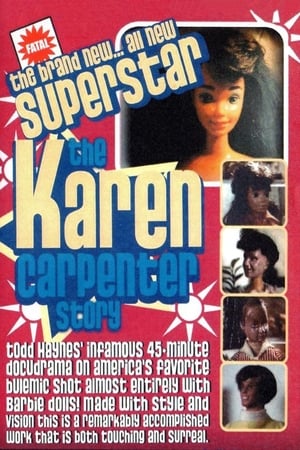 7.1
7.1Superstar: The Karen Carpenter Story(en)
The final 17 years of American singer and musician Karen Carpenter, performed almost entirely by modified Barbie dolls.
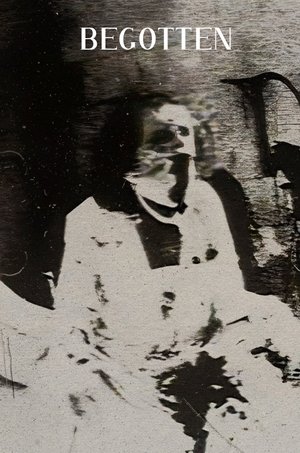 5.9
5.9Begotten(en)
Begotten is the creation myth brought to life, the story of no less than the violent death of God and the (re)birth of nature on a barren earth.
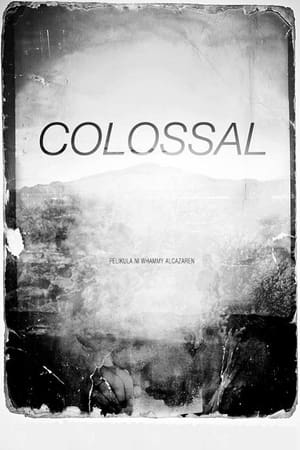 7.3
7.3Colossal(tl)
Colossal explores the complexities of grief and the process of grieving as understood through the myth of a Man as he ventures through shifting landscapes ruminating.
 0.0
0.0Islands(tl)
ISLANDS explores a cinematic journey of two astronauts. As they enter Earth’s atmosphere the structure transforms. The spacecraft becomes the meteor from a myth of a tribesman; it triggers an old lady’s memory of a lover from her past. As these diverse characters converge in a plane of reality, we confront a particular form of gravity we covertly feel—falling in love.
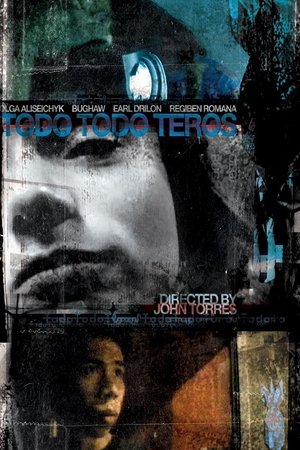 5.2
5.2Todo Todo Teros(en)
Basically an artist is also a terrorist, the protagonist thinks in an unguarded moment. And if he is a terrorist after all, then he might just as well be one. Not an instant product, but an experimental feature in which diary material is brought together to form an intriguing puzzle.
 7.4
7.4Hinterlands(en)
Through a structuralist and simultaneously ambiguous form, the image's reality treads closer to the abstract, leaving the sunset and trees behind. As we enter the image's gloaming, it reveals its true eye: reality's pure haptic energy, where there is nothing but sonorous light, and the dregs of the Unknown.
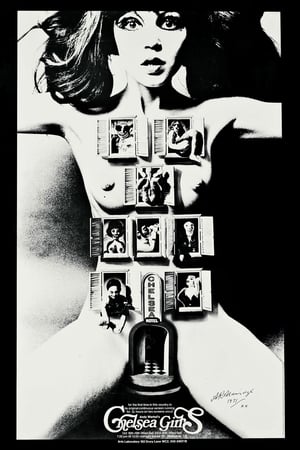 5.8
5.8Chelsea Girls(en)
Lacking a formal narrative, Warhol's mammoth film follows various residents of the Chelsea Hotel in 1966 New York City. The film was intended to be screened via dual projector set-up.
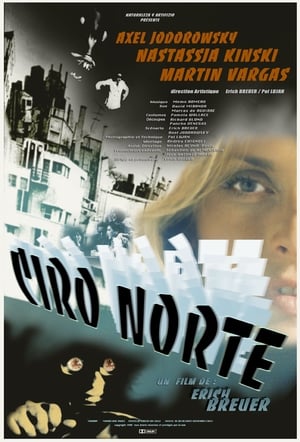 5.0
5.0Ciro-Norte(es)
On stormy night in an ugly urban landscape, Ciro Norte, a scientist with wild hair and thick glasses, straps himself to a chair he's has fashioned with wires: lightening strikes, convulsing him. It seems his experiment has not worked. The next day, he drives his jalopy to a bar, sits alone, and weeps. But suddenly, a vortex sucks him into a dream state where he wanders, escapes man-eating fish, confronts his doppelganger, walks through a field of giant flowers, and comes upon Venus herself, buried up to her shoulders in sand. She is a giant, and she takes him to her breast. He wakes from the vortex, back in the bar, his mood transformed.
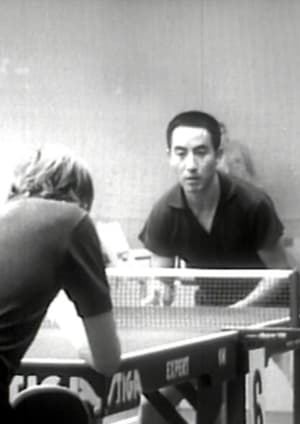 5.7
5.7Chinese Ping-Pong(en)
An experimental sports film made partly during the Scandinavian Open Championships in Halmstad in 1970, partly during the Chinese players' exhibition tour in Denmark immediately after the SOC. First of all, it is a film about their style, about the artistic culmination that is ping-pong at its best, it records China's comeback into the international sports world.
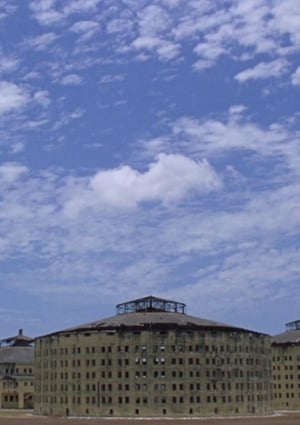 0.0
0.0The Watchmen(en)
In The Watchmen, pulsating orbs, panopticons, roadside rest stops, and subterranean labyrinths confront the scope of human consequences and the entanglement of our seeking bodies.
Dyketactics(en)
Born in Los Angeles but a New Yorker by choice, Barbara Hammer is a whole genre unto herself. Her pioneering 1974 short film Dyketactics, a four-minute, hippie wonder consisting of frolicking naked women in the countryside, broke new ground for its exploration of lesbian identity, desire and aesthetic.
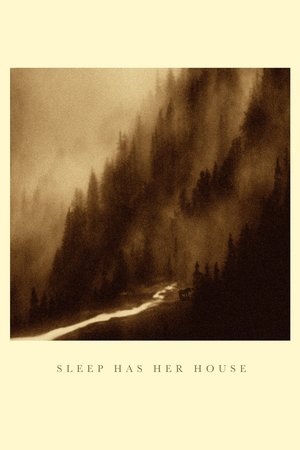 6.6
6.6Sleep Has Her House(en)
The shadows of screams climb beyond the hills. It has happened before. But this will be the last time. The last few sense it, withdrawing deep into the forest. They cry out into the black, as the shadows pass away, into the ground.
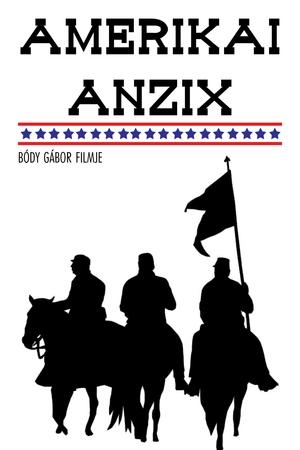 6.6
6.6American Torso(hu)
In the final days of the American Civil War, an emigre Hungarian military officer attempts to map the situation of the enemy. Many veterans of the 1848 War of Independence in Hungary fought on the northern side. Experienced Fiala, Boldogh who struggles with homesickness and the reckless Vereczky all experience their enforced emigration in different ways and news of impending peace elicits different reactions from them all.
 0.0
0.0Home Away From Home(ja)
A taxi driver, a young girl and a backpacker simultaneously experience a wonderful journey in Tokyo, where they find connections to their own homes in Africa, Europe and Southeast Asia.Throughout their journey, they run into the same Japanese woman named Akiko. Meanwhile, a writer in Paris recalls her encounter with Akiko in Tokyo.
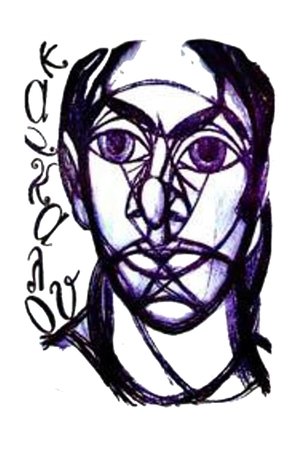 5.3
5.3Karkalou(el)
An old man, cut off from his future and his past, brings a young taxi driver into his game. The two meet Karkalou, a crazy prostitute, whom the former once loved madly and the latter will soon love.
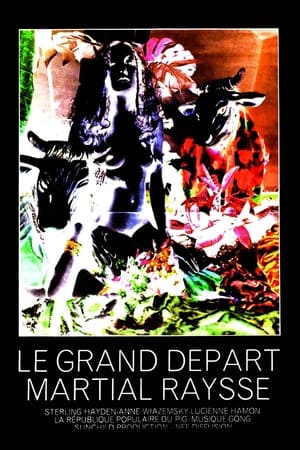 6.0
6.0The Big Departure(fr)
This is the only feature directed by the famed French painter and sculptor Martial Raysse. In keeping with the revolutionary spirit of the time, the movie has no plot to speak of and appears to have been largely made up on the spot. We follow the cat man into a bizarre fantasy universe presented in negative exposure that reverses color values (black is white and vice versa) and written words. The cat man steals a car and then picks up a young girl he promises to take to “Heaven.” Heaven turns out to be a country chateau inhabited by several more animal mask wearing weirdoes...

